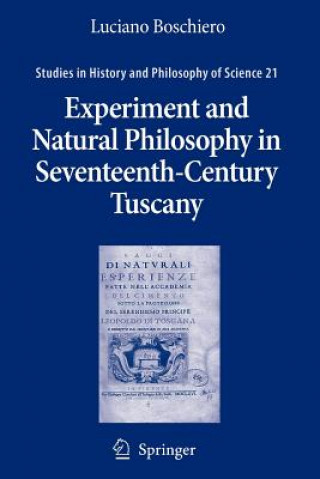
Kód: 01975727
Experiment and Natural Philosophy in Seventeenth-Century Tuscany
Autor Luciano Boschiero
The Accademia del Cimento (1657-1667) was the first institution in Europe purporting to use an experimental method in its scientific inquiries. According to some recent accounts, the Cimento belonged to a new culture of knowledge ... celý popis
- Jazyk:
 Angličtina
Angličtina - Väzba: Brožovaná
- Počet strán: 251
Nakladateľ: Springer, 2010
- Viac informácií o knihe

311.85 €

Skladom u dodávateľa v malom množstve
Odosielame za 12 - 15 dní
Potrebujete viac kusov?Ak máte záujem o viac kusov, preverte, prosím, najprv dostupnosť titulu na našej zákazníckej podpore.
Pridať medzi želanie
Mohlo by sa vám tiež páčiť
-

Quiet Strength
20.49 € -

Aging 2000: Our Health Care Destiny
90.51 € -

On the Street Where You Live
10.75 € -4 % -
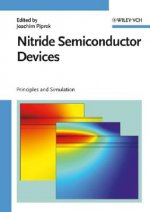
Nitride Semiconductor Devices
261.11 € -
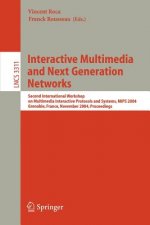
Interactive Multimedia and Next Generation Networks
70.22 € -
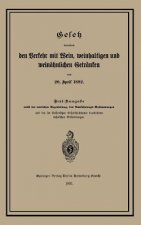
Gesetz Betreffend Den Verkehr Mit Wein, Weinhaltigen Und Weinahnlichen Getranken Vom 20. April 1892
76.41 € -

Manuell belichten mit der Digitalkamera
11.05 €
Darčekový poukaz: Radosť zaručená
- Darujte poukaz v ľubovoľnej hodnote, a my sa postaráme o zvyšok.
- Poukaz sa vzťahuje na všetky produkty v našej ponuke.
- Elektronický poukaz si vytlačíte z e-mailu a môžete ho ihneď darovať.
- Platnosť poukazu je 12 mesiacov od dátumu vystavenia.
Viac informácií o knihe Experiment and Natural Philosophy in Seventeenth-Century Tuscany
Nákupom získate 778 bodov
 Anotácia knihy
Anotácia knihy
The Accademia del Cimento (1657-1667) was the first institution in Europe purporting to use an experimental method in its scientific inquiries. According to some recent accounts, the Cimento belonged to a new culture of knowledge making that abandoned the practice of constructing theories in favour of a programme that simply accumulated matters of fact , free from theoretical arguments and speculations.§However, while the Cimento, led by Tuscany s Prince Leopoldo de Medici, created a persuasive experimental rhetoric, in actuality the academicians continued to construct experiments and interpret their results on the basis of their theoretical aims and their broader interests in natural philosophy.§This analysis begins by examining the use of experiments, mathematics, and natural philosophy in seventeenth-century Italy. Once these topics are clearly defined, it becomes easier to understand the intellectual interests and motivations of each of the Cimento s members. Case studies regarding the Cimento s work on air-pressure, the vacuum, the freezing process, and the properties and effects of heat and cold, reveal the group s natural philosophical skills, commitments, and agendas. Meanwhile, in an attempt to avoid religious pressure and to maintain an uncontroversial reputation for the academy, Leopoldo censored the academicians from publicly expressing their views on a number of issues.§The purpose of this work is to counter historiographies that search for the origins of modern science within the experimental practices of Europe s first scientific institutions, such as the Cimento. It proposes that we should look beyond the experimental rhetoric found in published works, to find that the Cimento academicians were participants in a culture of natural philosophical theorising that existed throughout Europe.This work counters historiographies that search for the origins of modern science within the experimental practices of Europe s first scientific institutions, such as the Cimento. It proposes that we should look beyond the experimental rhetoric found in published works, to find that the Cimento academicians were participants in a culture of natural philosophical theorising that existed throughout Europe.The Accademia del Cimento (1657-1667) was the first institution in Europe purporting to use an experimental method in its scientific inquiries. According to some recent accounts, the Cimento belonged to a new culture of knowledge making that abandoned the practice of constructing theories in favour of a programme that simply accumulated matters of fact , free from theoretical arguments and speculations. §However, while the Cimento, led by Tuscany s Prince Leopoldo de Medici, created a persuasive experimental rhetoric, in actuality the academicians continued to construct experiments and interpret their results on the basis of their theoretical aims and their broader interests in natural philosophy.§This analysis begins by examining the use of experiments, mathematics, and natural philosophy in seventeenth-century Italy. Once these topics are clearly defined, it becomes easier to understand the intellectual interests and motivations of each of the Cimento s members. Case studies regarding the Cimento s work on air-pressure, the vacuum, the freezing process, and the properties and effects of heat and cold, reveal the group s natural philosophical skills, commitments, and agendas. Meanwhile, in an attempt to avoid religious pressure and to maintain an uncontroversial reputation for the academy, Leopoldo censored the academicians from publicly expressing their views on a number of issues.§The purpose of this work is to counter historiographies that search for the origins of modern science within the experimental practices of Europe s first scientific institutions, such as the Cimento. It proposes that we should look beyond the experimental rhetoric found in published works, to find that the Cimento academicians were participants in a culture of natural philosophical theorising that existed throughout Europe.
 Parametre knihy
Parametre knihy
Zaradenie knihy Knihy po anglicky Humanities Philosophy History of Western philosophy
311.85 €
- Celý názov: Experiment and Natural Philosophy in Seventeenth-Century Tuscany
- Podnázov: The History of the Accademia del Cimento
- Autor: Luciano Boschiero
- Jazyk:
 Angličtina
Angličtina - Väzba: Brožovaná
- Počet strán: 251
- EAN: 9789048175819
- ISBN: 904817581X
- ID: 01975727
- Nakladateľ: Springer
- Hmotnosť: 406 g
- Rozmery: 235 × 155 × 14 mm
- Dátum vydania: 19. November 2010
Obľúbené z iného súdka
-

Meditations
9.33 € -24 % -

The Myth of Sisyphus
8.11 € -

Why I Am so Clever
3.95 € -15 % -

Meditations
15.01 € -22 % -

Republic
11.97 € -16 % -

Beyond Good and Evil
11.05 € -23 % -

Gay Science
12.57 € -22 % -

Aphorisms on Love and Hate
3.54 € -24 % -
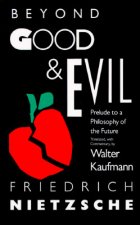
Beyond Good & Evil
15.01 € -8 % -
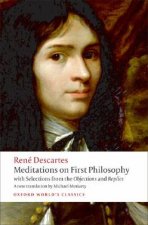
Meditations on First Philosophy
10.65 € -19 % -
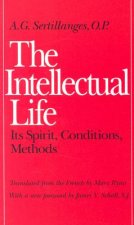
Intellectual Life
19.37 € -19 % -

Socrates' Defence
3.54 € -24 % -
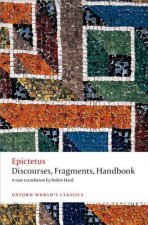
Discourses, Fragments, Handbook
11.66 € -19 % -

Ride the Tiger
21 € -19 % -

Thus Spoke Zarathustra
9.73 € -24 % -

Fear and Trembling
11.05 € -23 % -
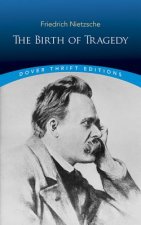
Birth of Tragedy
4.05 € -13 % -
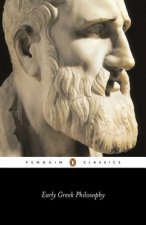
Early Greek Philosophy
14.30 € -23 % -
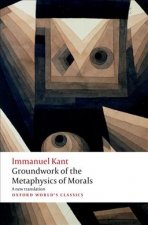
Groundwork for the Metaphysics of Morals
10.95 € -18 % -
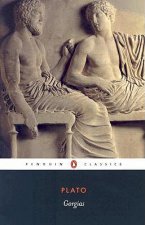
Gorgias
11.76 € -
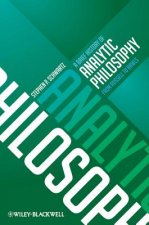
Brief History of Analytic Philosophy - From Russell to Rawls
38.35 € -2 % -
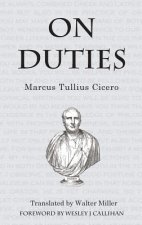
On Duties
13.59 € -4 % -

Discourses and Selected Writings
10.85 € -24 % -

Nicomachean Ethics
5.37 € -28 % -

Nausea
11.05 € -23 % -

Letters from a Stoic
12.37 € -14 % -

Meditations
21.20 € -15 % -

Simulacra and Simulation
22.72 € -

Phenomenology of Spirit
34.80 € -

Twilight of the Idols with The Antichrist and Ecce Homo
5.47 € -26 % -
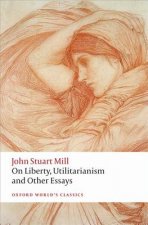
On Liberty, Utilitarianism and Other Essays
10.04 € -22 % -
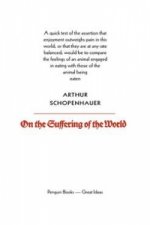
On the Suffering of the World
7.91 € -22 % -

Human Condition
21.61 € -8 % -

On the Shortness of Life
8.62 € -17 % -

Existentialism Is a Humanism
9.02 € -19 % -

Think
12.27 € -14 % -

Guide to the Good Life
18.97 € -1 % -
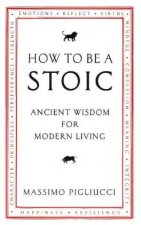
How To Be A Stoic
17.55 € -23 % -

The Symposium
9.43 € -17 % -

Human, All Too Human & Beyond Good and Evil
6.18 € -17 % -
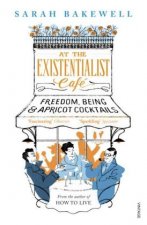
At The Existentialist Cafe
12.17 € -5 % -
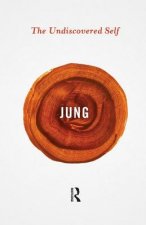
Undiscovered Self
28.41 € -
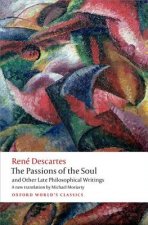
Passions of the Soul and Other Late Philosophical Writings
12.17 € -23 % -

The Trouble With Being Born
13.08 € -18 % -
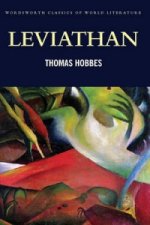
Leviathan
5.67 € -23 % -
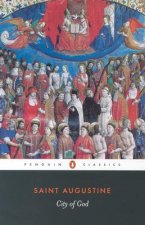
City of God
18.87 € -2 % -

Ecce Homo
10.04 € -22 % -
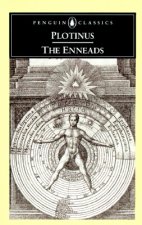
Enneads
16.23 € -19 % -
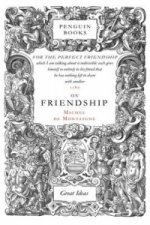
On Friendship
7.91 € -22 %
Osobný odber Bratislava a 2642 dalších
Copyright ©2008-24 najlacnejsie-knihy.sk Všetky práva vyhradenéSúkromieCookies


 21 miliónov titulov
21 miliónov titulov Vrátenie do mesiaca
Vrátenie do mesiaca 02/210 210 99 (8-15.30h)
02/210 210 99 (8-15.30h)